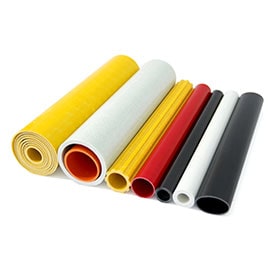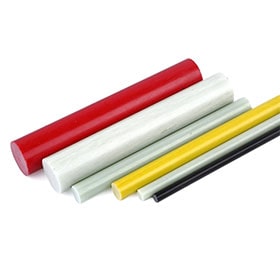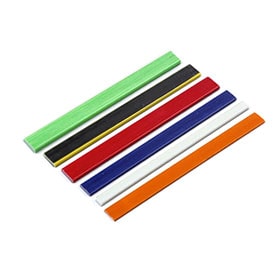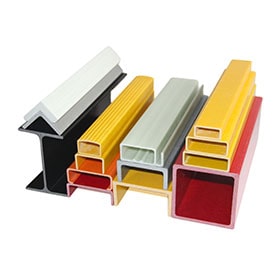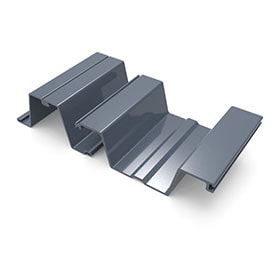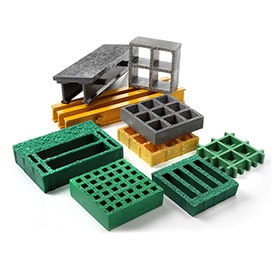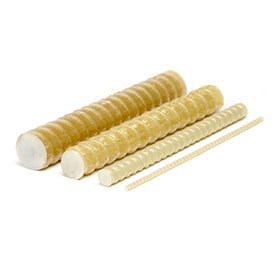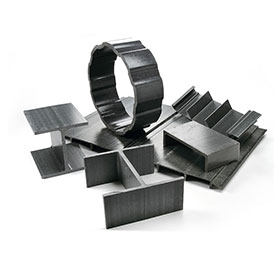
Introduction:
Fiberglass rebar is a type of reinforcing bar made from glass fibers and resin. It is a good alternative to steel rebar in many applications, as it has several advantages, including corrosion resistance, lightweight, non-conductivity, and durability.
Corrosion resistance:
Steel rebar is susceptible to corrosion, which can be a major problem in areas with high moisture or salt content. Fiberglass rebar, on the other hand, is not susceptible to corrosion, making it a good choice for applications in these environments.
Lightweight:
Fiberglass rebar is much lighter than steel rebar, which can make it easier to handle and install. This is especially beneficial for projects where lifting and carrying heavy materials is a challenge.
Non-conductivity:
Fiberglass rebar is non-conductive, which makes it a good choice for applications where electrical interference is a concern. For example, fiberglass rebar is often used in swimming pools and other applications where electrical equipment is present.
Durability:
Fiberglass rebar is very durable and can withstand a wide range of environmental conditions. It is also resistant to chemicals, making it a good choice for applications where there is exposure to chemicals.
Disadvantages of fiberglass rebar:
Fiberglass rebar also has some disadvantages, including:
Cost: Fiberglass rebar is typically more expensive than steel rebar.
Bendability: Fiberglass rebar is not as bendable as steel rebar, which can make it more difficult to install in some applications.
Shear strength: The shear strength of fiberglass rebar is lower than the shear strength of steel rebar.
Conclusion:
Fiberglass rebar is a good alternative to steel rebar in many applications. It is especially well-suited for applications where corrosion resistance is important, such as in marine or coastal environments. However, it is important to weigh the advantages and disadvantages of fiberglass rebar before making a decision.
Specific examples of when fiberglass rebar can replace steel rebar:
Concrete slabs: Fiberglass rebar is often used in concrete slabs, such as sidewalks, driveways, and patios. It can help to prevent the slab from cracking or buckling.
Concrete beams: Fiberglass rebar is also used in concrete beams, such as those used in bridges and buildings. It can help to increase the strength and durability of the beams.
Concrete columns: Fiberglass rebar is also used in concrete columns, such as those used in buildings. It can help to prevent the columns from collapsing.
Waterproofing: Fiberglass rebar is also used in waterproofing applications, such as swimming pools and basements. It can help to prevent water from seeping through the concrete.
Chemical resistance: Fiberglass rebar is also resistant to chemicals, making it a good choice for applications where there is exposure to chemicals, such as in industrial settings.
 +86 15303735673
+86 15303735673 Jessica@frpzs.com
Jessica@frpzs.com
 Technical Data
Technical Data


